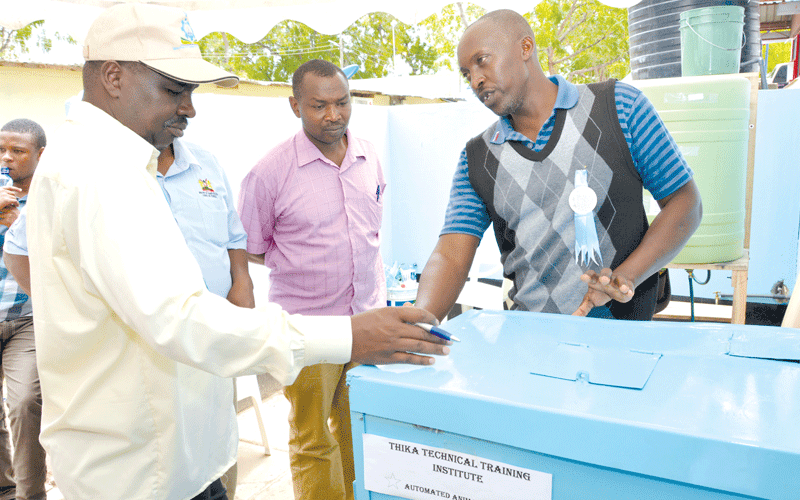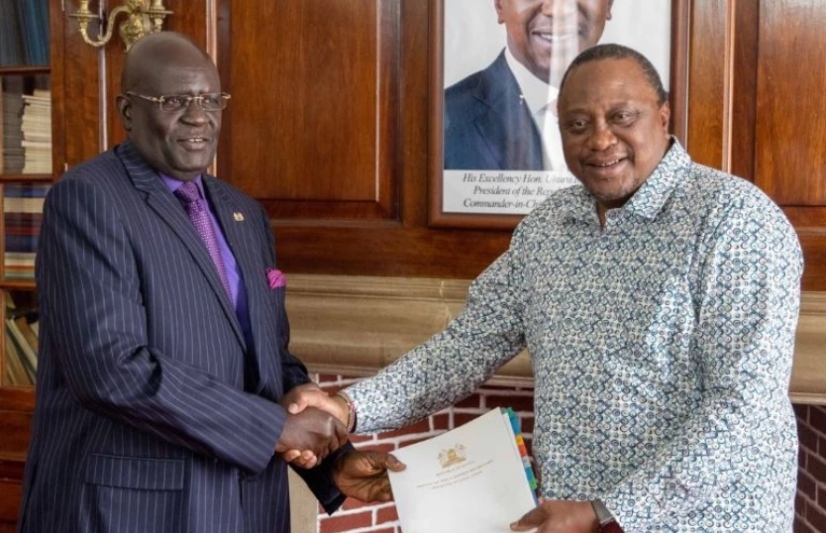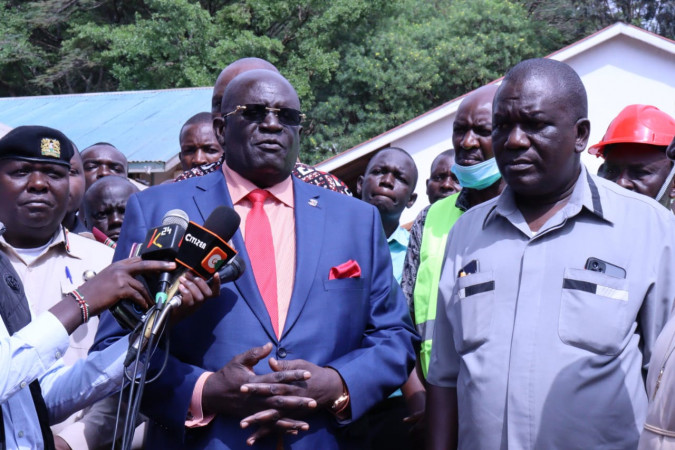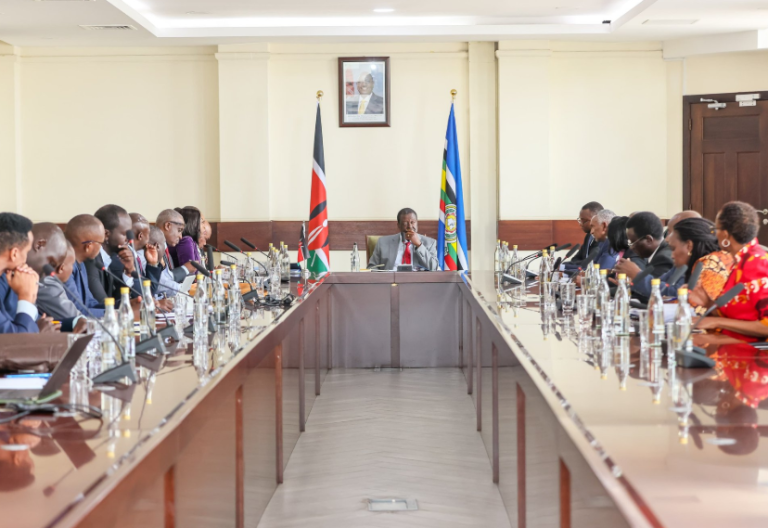Tvet students told to apply for State loans

About 20,000 yet to seek Helb support from a Sh4 billion budget as government, donors boost technical training with equipment, funding
Thousands of students in Technical and Vocational Education and Training (TVET) colleges are yet to apply for government loans, an offer that closes at the end of October.
As at September 19, about 105, 000 Tvet students had completed TVET loan online applications under the Higher Education Loans Board (Helb) which has budgeted to fund more than 124,100 Tvet students for first, second and even subsequent applicants at a total value of Sh4 billion for 2019/20 financial year.
Helb currently funds students in 111 Tvet colleges—compared to 74 last year—approved by the Technical and Vocational Education Training Authority (Tveta) and are members of Kenya Association of Technical Training Institutes (Katti).
“The deadline for application is October 31 and we encourage students who are yet to apply to do so to enable us process their applications and disburse both tuition and upkeep,” Helb say in a statement.
For those who had already submitted their loan applications and were approved, disbursements began on September 16.
The board further said the government has reduced the annual cost of Tvet training from Sh92,000 to Sh56,420 per year.
Helb is also engaging colleges under government ministries and departments for future partnerships in funding Tvet trainees.
About 1,500 students earlier admitted in public universities opted to join technical colleges this year, with the government insisting there are huge shortfalls in technical manpower in both public and private sectors.
Development partners and multinationals from countries such as Canada, South Korea, Japan and China are also pouring billions of shillings into the sector.
Education Cabinet Secretary George Magoha recently expressed concern over stigmatisation of Tvet programmes yet they are key in addressing the rampant unemployment in the country.
He said the government is grappling with transitioning youth to the world of work, their levels of employability and labour productivity.
“It is unfortunate that learners are being trained in institutions of higher learning to acquire certificates but when employed, they have to be re-skilled.
We should have trainers passionate about what they are training, this can be unlocked through Tvet activities,” Magoha said.
Development partners
Tveta Director General, Dr. Kipkirui Langat says the government has been funding public Tvet institutions, improving infrastructure and with help from donors, is equipping colleges with modern equipment.
“For example, in a partnership with a Chinese construction firm, Avic International Holdings, we have supplied and equipped 144 Tvet Institutions with modern training equipment worth Sh16.8 billion for 10 disciplines and built capacity for trainers on use of the equipment,” he added.
Tveta puts the number of registered institutions at 11 national polytechnics, 827 (672 private and 155 public) technical and vocational colleges.
There are 747 ( 58 private and 669 public) vocational training centres. Last year saw the student population in technical and vocational colleges rise to 363,884, with female students accounting for 43.7 per cent of total student enrolment.
There are about 4,000 trainers currently in public Tvet training institutions, but with a shortage of a similar number. Langat said the government has started the process of recruiting another batch of 3,000 trainers to bridge the gap.
And to make TVET affordable, approved Tvet colleges will receive a government capitation of Sh30,000 per trainee enrolled and placed through the Kenya Universities and Colleges Central Placement Service (Kuccps).
The Helb loan facility is expected to go a long way in addressing concerns over a shortage of specialised artisans in some counties.
A case in point is Kakamega where the county’s Department of Social Services, Youth, Sports and Culture earlier this month announced vacancies for electricians, plumbers, carpenters and drivers.
Social Services Executive Committee member, Robert Makhanu issued a directive to sub-county co-ordinators and ward supervisors working under the County Youth Service and Women Empowerment Programme to identify the artisans.











